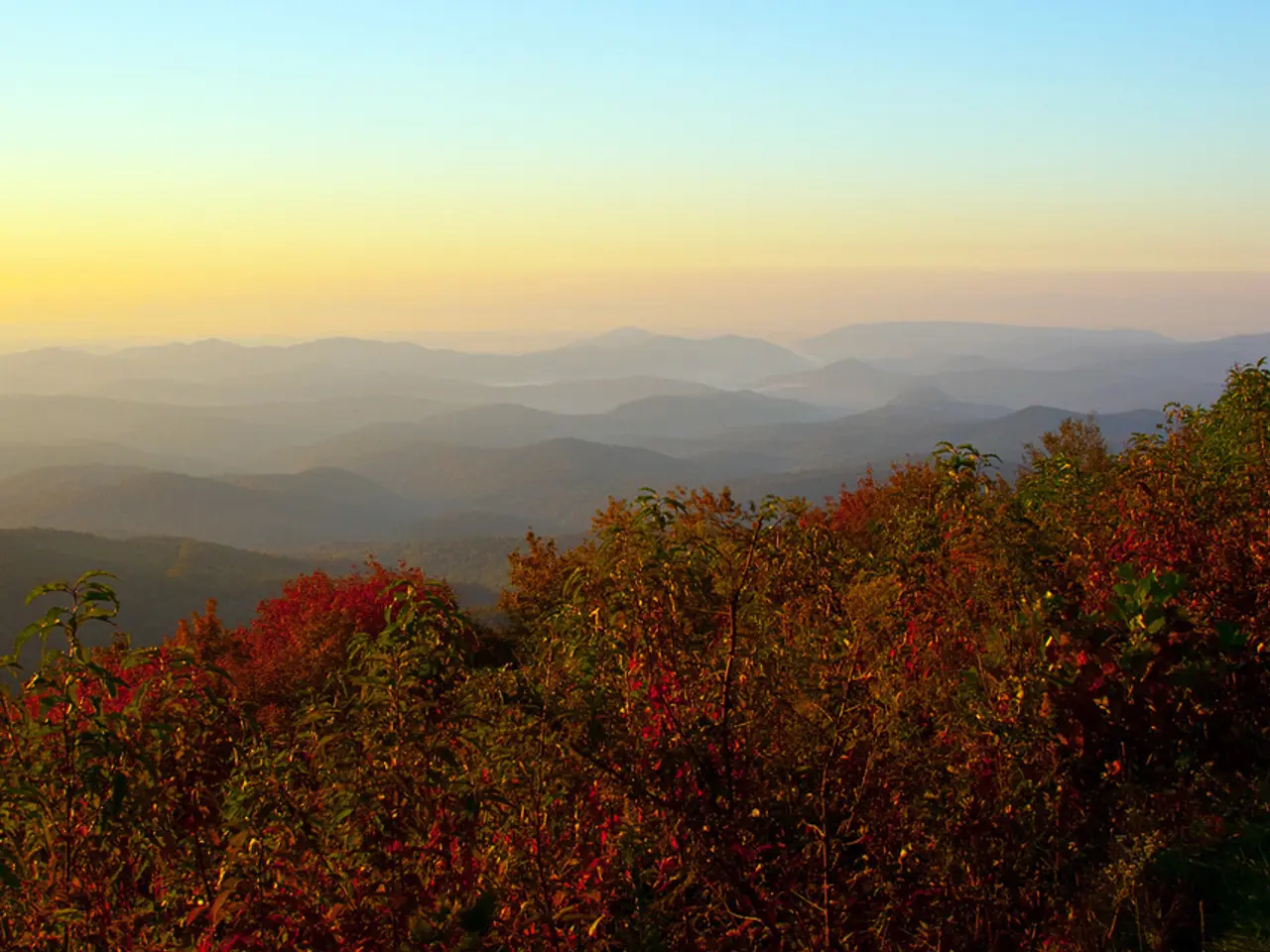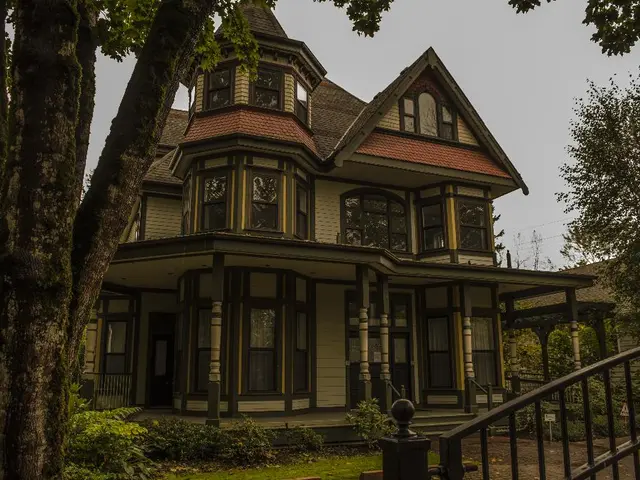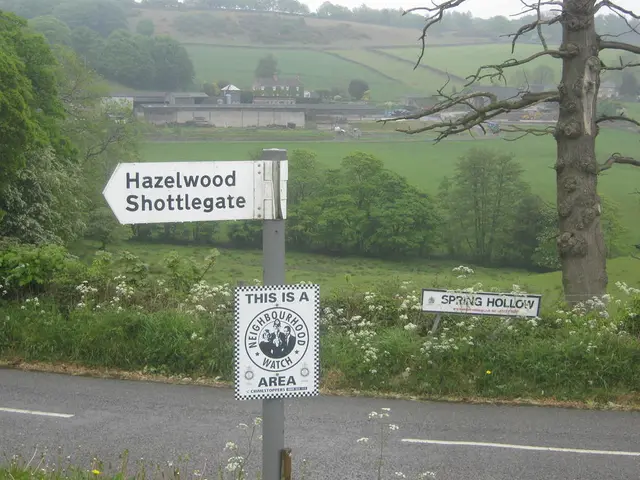Boost NC Ecosystems: Plant Native Pollinator-Friendly Garden
Creating a pollinator-friendly garden in North Carolina can significantly boost local ecosystems. Native plant species, carefully chosen based on location, provide ideal habitats for pollinators like bees, butterflies, and hummingbirds.
Pollinators play a vital role in transferring pollen between plants, ensuring plant reproduction and biodiversity. Establishing a pollinator-friendly garden can have a positive impact on the ecosystem.
North Carolina's diverse habitats, from mountains to coasts, offer a range of native plant species that support pollinators. In your garden, consider planting milkweed (Asclepias spp.) to attract monarch butterflies, black-eyed Susan (Rudbeckia hirta) for bees, eastern red columbine (Aquilegia canadensis) for hummingbirds, bee balm (Monarda didyma) for bees and hummingbirds, and various asters (Symphyotrichum spp.) for a variety of pollinators. These plants create an ideal habitat, benefiting both the garden and the ecosystem.
By planting native species like milkweed, black-eyed Susan, eastern red columbine, bee balm, and asters, North Carolina residents can foster a thriving pollinator habitat in their gardens. This not only enhances the beauty of the garden but also contributes to the health and diversity of the local ecosystem.








